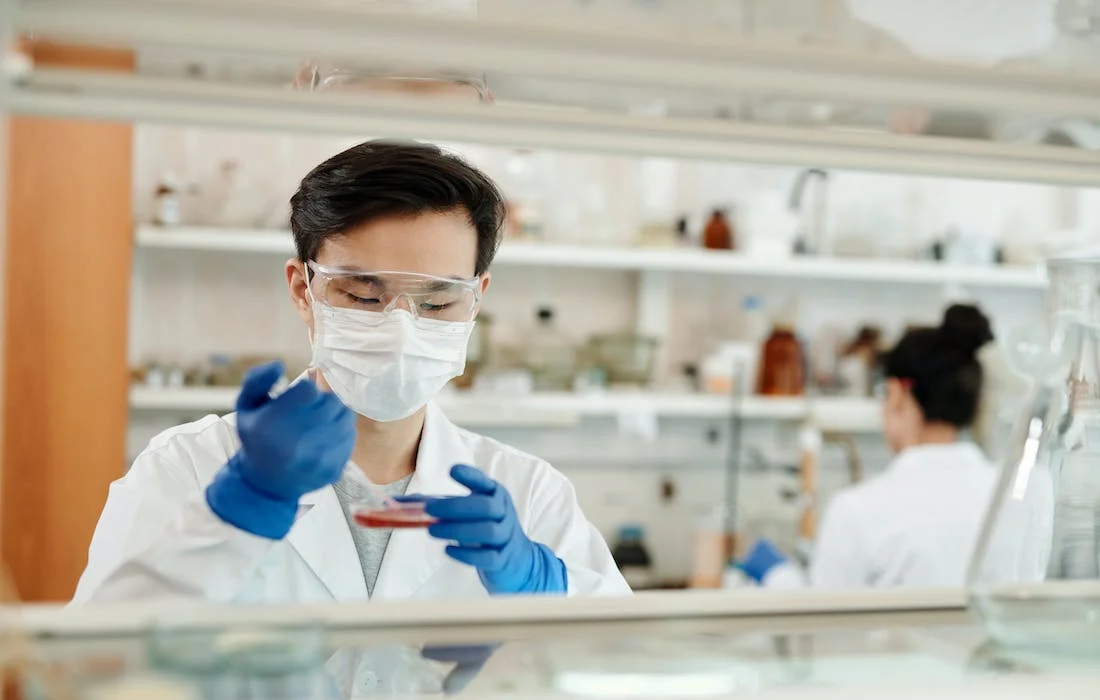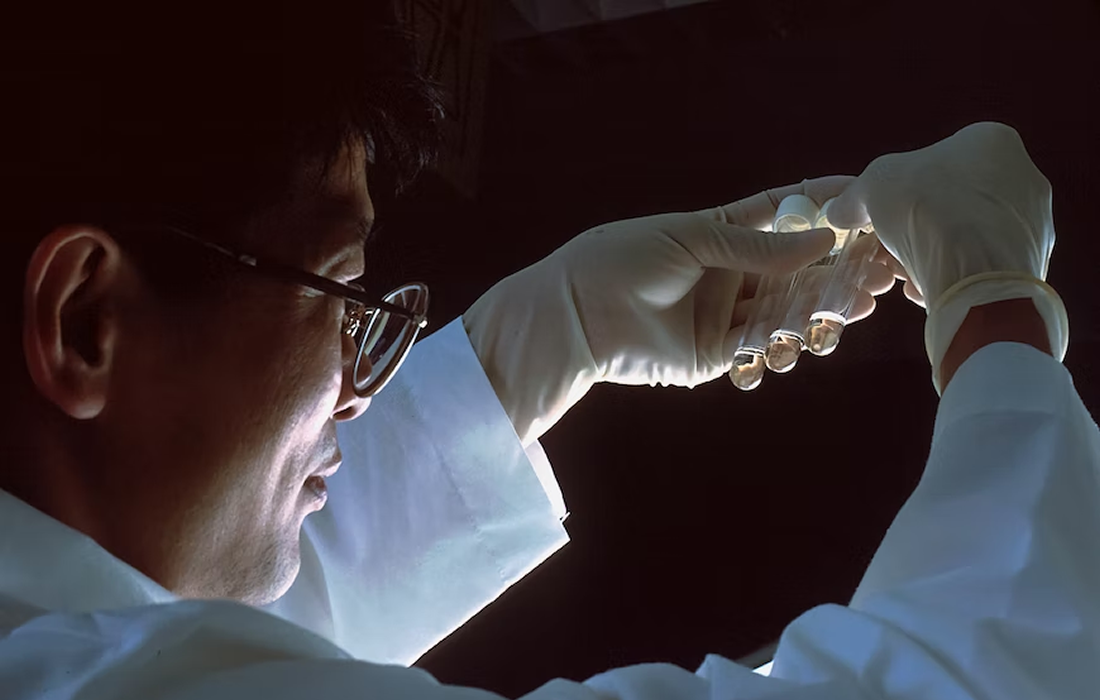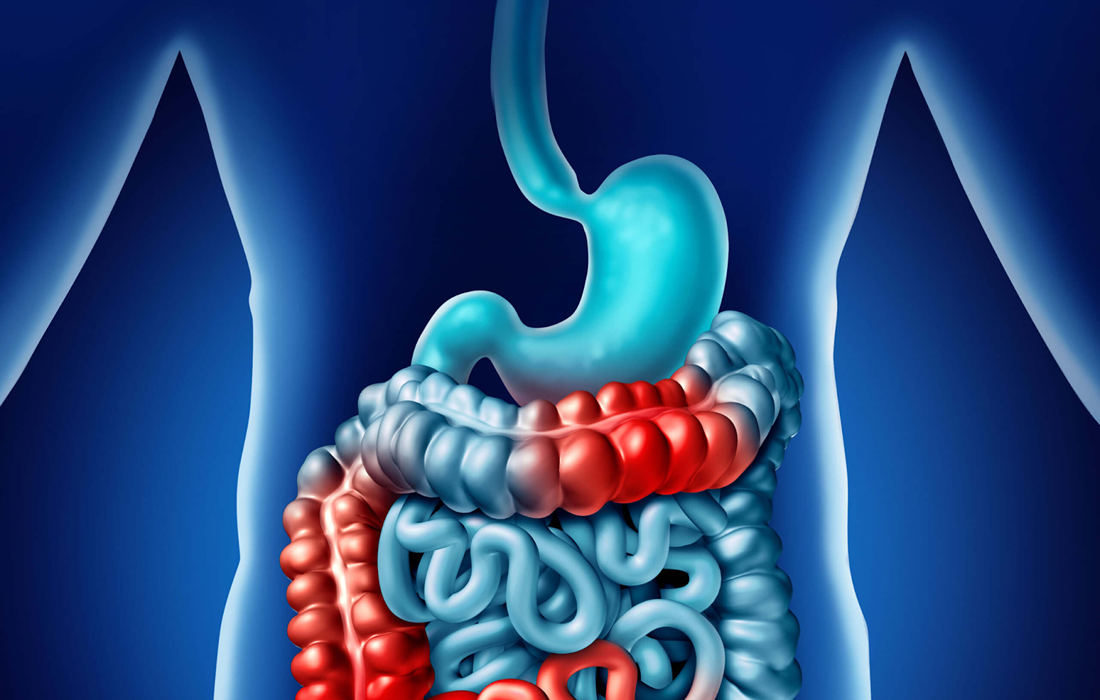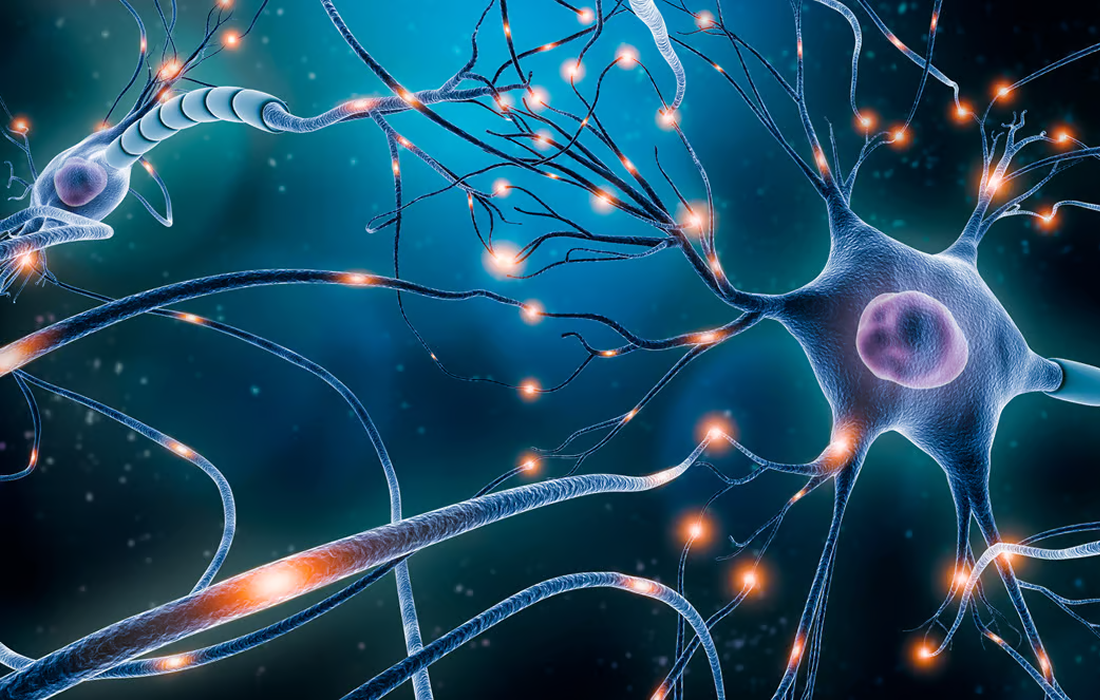The possibility of an increase in brain glucose metabolism after intrathecal administrations of autologous mesenchymal stromal cells (MSCs) has been recently reported, suggesting a role in the treatment of neurological disorders. This 49-year-old female, right-handed, and computer engineer, with more than 20 years of formal education, suffered in 2009 from spontaneous intracerebral hemorrhage in the […]
Category Archives: Stem Cell Therapy for Specific Conditions
Congenital diaphragmatic hernia (CDH) is a common condition, affecting one in every 2500 births. Up to 30 percent of affected babies die from it. The main problem is the underdeveloped lung. The condition also involves a hole in the diaphragm, which pediatric surgeons correct by closing it in the first week of life. Until now, […]
Multiple sclerosis (MS) is a chronic neuroinflammatory disease associated with progressive neurodegeneration and accumulation of neurological disability. A novel cell therapy has been developed aiming to slow or reverse neurological disability in patients with MS. The treatment approach utilizes bone marrow cells called mesenchymal stem cell-derived neural progenitors (MSC-NPs) that are injected into the spinal […]
Traditional organ transplants are complicated endeavors. From long wait times to assessing the immunological similarities of patients and potential donors, it can take years until a match is found. According to the Health Resource and Service Administration, seventeen Americans die each day waiting for an organ transplant. Scientists are exploring substitutes for transplantation, including the […]
Haematopoietic stem cell transplantation for the treatment of severe blood cancers is the only medical intervention that has cured two people living with HIV in the past. An international group of physicians and researchers from Germany, the Netherlands, France, Spain, and the United States has now identified another case in which HIV infection has been […]
A new approach to repairing peripheral nerves marries the regenerating power of gingiva-derived mesenchymal stem cells with a biological scaffold to enable the functional recovery of nerves following a facial injury, according to a study by a cross-disciplinary team from the University of Pennsylvania School of Dental Medicine and Perelman School of Medicine. Faced with […]
Inflammatory bowel disease (IBD) includes Crohn’s disease (CD) and ulcerative colitis (UC) and is a complex, multifactorial, immune-mediated illness . There are approximately 6.9 million IBD cases globally, and this number is rising. Currently, it is estimated that 780,000 patients in the United States suffer from CD, and 33,000 new cases are diagnosed each year […]
Pulmonary fibrosis is a fatal disease that thickens and scars healthy lung tissue, creating inflammation and replacing the lining of the lung cells with fibrotic tissue. In the last five years, Ke Cheng and his lab developed spheroid-produced lung stem cells (LSCs) as a potential therapeutic for pulmonary fibrosis. Cheng is Randall B. Terry Jr. […]
Multiple Sclerosis (MS) is a chronic inflammatory, autoimmune, and neurodegenerative disease of the central nervous system (CNS). MS affects approximately 2.5 million people worldwide. High prevalence of MS is seen in northern parts of Europe and North America. Multiple sclerosis (MS) is a potentially disabling disease of the brain and spinal cord (central nervous system). […]
Scleroderma with internal-organ involvement (diffuse cutaneous systemic sclerosis) is a devastating autoimmune disorder. Despite advances in management, mortality driven by pulmonary involvement has not changed in 40 years. Although disease-modifying antirheumatic drugs (DMARDs) and biologics have been studied, none have shown lasting benefit, and only cyclophosphamide given for 12 months has shown short-term benefit as […]










